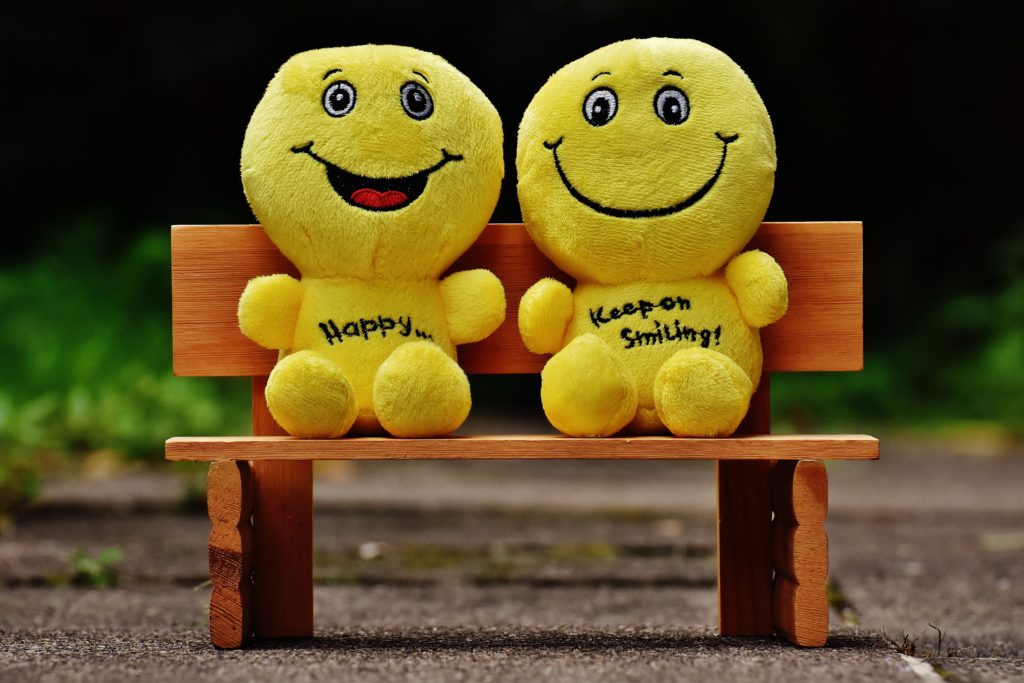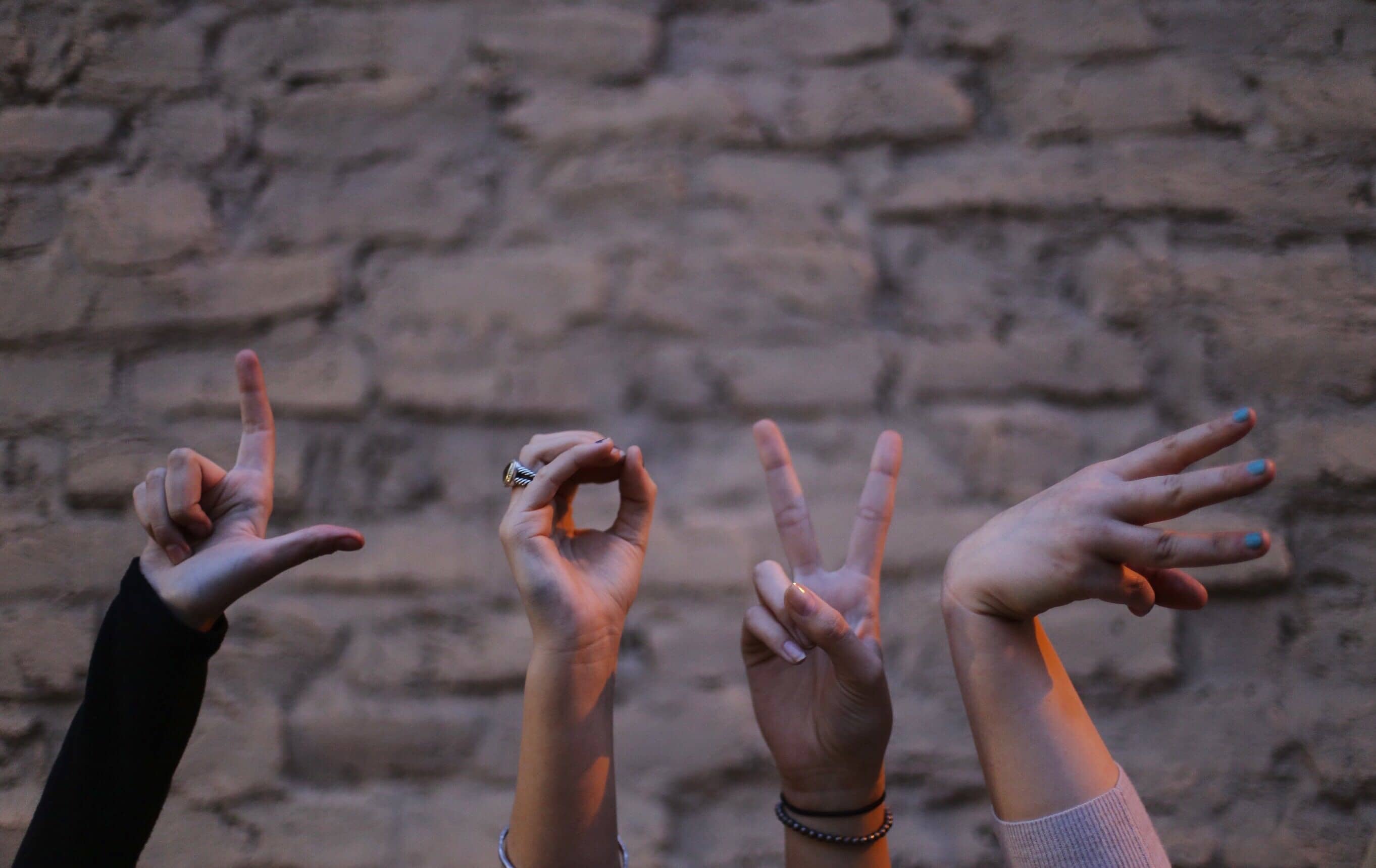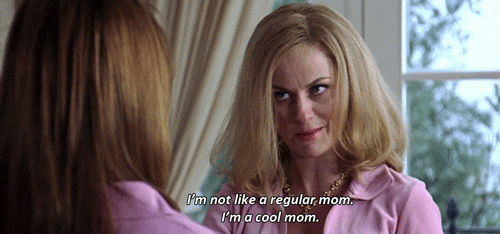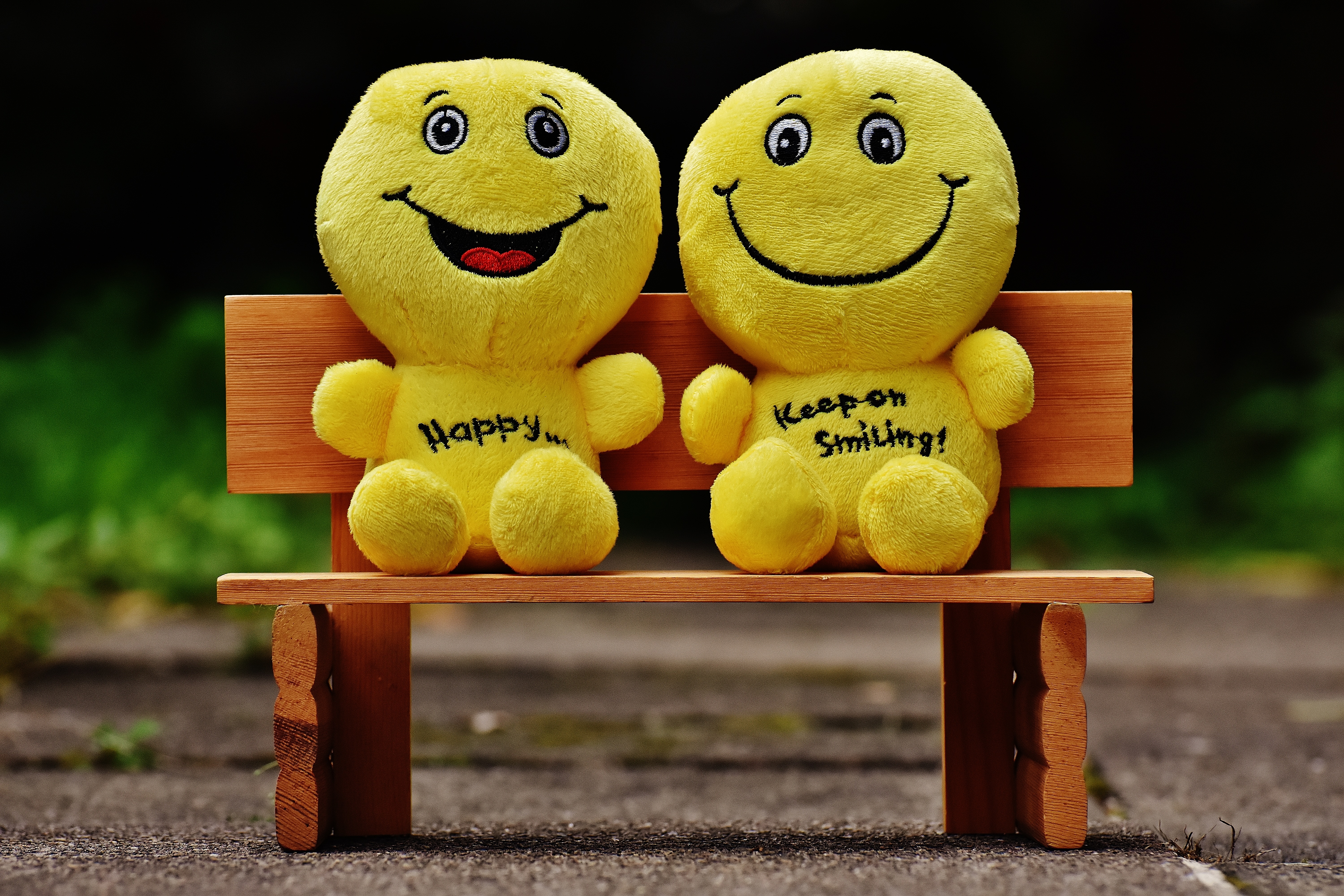In honor of Birth Trauma Awareness Day…..
Birth trauma is the person who begged not to get an episiotomy but the doctor did it anyway.
Birth trauma is the person who spent months and months planning a beautiful home birth only to have to throw it all away in an instant, because they could not find the baby’s heart beat.
Birth trauma is the person who had the perfect birth they always wanted only to find the baby wasn’t breathing after.
Birth trauma is the couple who had their baby on the way to the hospital – feeling scared and alone.
Birth trauma is the couple that went to the hospital to have their baby only to find that their baby had passed away.
Birth trauma is the parent whose baby spent weeks in the NICU because they had an infection.
Birth trauma is the person whose OBGYN told them they would honor their birth plan only to completely disregard it when the time came.
Birth trauma is the person who had to have an emergency cesarean.
Birth trauma is the person whose midwife told them they could “do whatever they wanted” to the birthing person’s body.
Birth trauma is the parent who had a fever in the delivery room and couldn’t see their baby once it was born.
Birth trauma is the person who was emotionally manipulated into birthing a way that they didn’t want.
Birth trauma is the person who was stitched up postpartum without anesthesia even though they were screaming in pain.
Birth trauma is the person who was physically held down in the delivery room.
Birth trauma is the person whose provider performed interventions with out even asking first.
Birth trauma is the person who was forced to stop pushing to wait for the doctor.
Birth trauma is the person who was pressured with decisions when all their support people stepped out of the room.
Birth trauma is the person who was physically injured from an epidural done wrong.
What is birth trauma?
It’s an experience.
It can not be debated.
Psychologically speaking birth trauma is no different than any other form of trauma. When we talk about trauma we are talking about any perceived or experienced threat to the well-being and life of the individual or those around that individual. In birth trauma it is common for the birthing person to feel helpless, isolated, uncared for, fearful and/or anxious. According to this resource as many as 34% of birthing people will experience birth trauma and up to a third of those people will develop post traumatic stress disorder from that experience.
The societal mindset towards this needs to change if we want to see healing and progress from this way too common occurrence. We need a bigger emphasis on body autonomy in the medical community, more evidenced based practitioners and for providers to be trained in how to help people process traumatic experiences.
Just to be clear- there is no blame here. The person who needs an emergency cesarean most certainly may have experienced birth trauma, however that does not mean the cesarean was bad. We have to move towards teaching providers how to make space for the processing and emotional needs of their patients postpartum without wearing guilt or blame. This frees providers up to process their own experience also without needing to be validated by the experience of another person, and allows them to be supportive in a way that our families really need.
As a society we need to move away from this idea of invalidating someones experience in telling them they should just be grateful they are alive and their baby is alive. If all that mattered was the physical existence of life then we could argue that someone who lived imprisoned or in perpetual abuse had the same quality of life as someone who doesn’t simply because they are physically alive. (Check out my blog post on that here)
We know this is ridiculous because our emotional experience and well being is important to the quality of our life. This is the place from which we should operate to facilitate healing and growth as a whole.

So how can we support people through this experience? By listening. Giving them space to process their experience. We can help by offering open minded tools- recognizing that what works for one person may not work for another. We can support more therapist, social workers and somatic experiencing practitioners who work with birth trauma.
The change happens in putting practices in place that help avoid trauma when it can be and helping to process trauma when it is needed.
What is your story? Have you experienced birth trauma? What does birth trauma mean to you?











